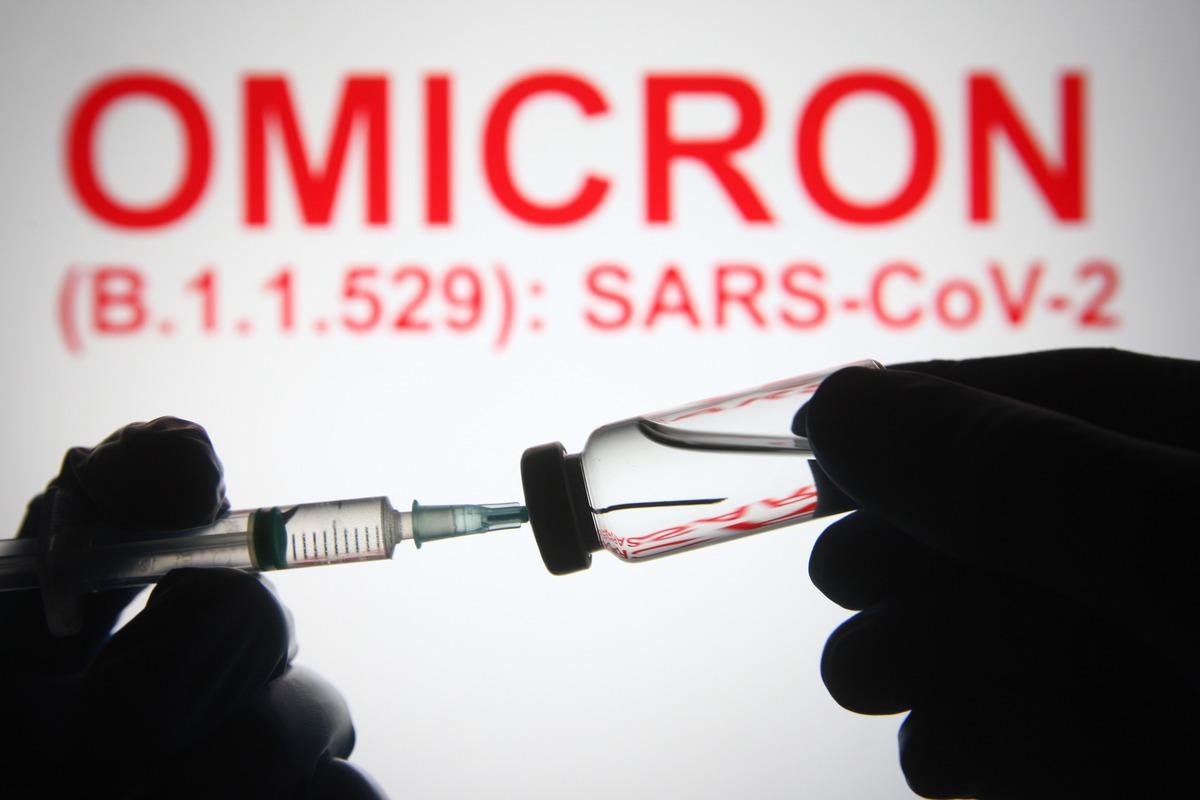A novel virus is bound to undergo multiple rounds of mutation, as a natural, survival mechanism within infected host cells. The case is similar for the severe acute respiratory distress syndrome coronavirus 2 (SARS-CoV-2). After multiple rounds of mutations, the recently sequenced variant, Omicron (BA.1/B.1.1.529) was first detected in Botswana and reported to the World Health Organization (WHO) in November 2021.
Omicron was reported as a novel variant with the potential to evade vaccine-mediated immunity in many. Understandably, there was a stark increase in the number of Omicron cases in South Africa, following which it was recognized as a novel variant of concern (VOC) by the WHO.
 Study: mRNA-based COVID-19 vaccine boosters induce neutralizing immunity against SARS-CoV-2 Omicron variant. Image Credit: viewimage/Shutterstock
Study: mRNA-based COVID-19 vaccine boosters induce neutralizing immunity against SARS-CoV-2 Omicron variant. Image Credit: viewimage/Shutterstock
Subsequent sequencing assays showed a total of 59 mutations throughout its genome. The main concern was the presence of as many as 36 mutations within the spike protein. The spike protein is responsible for attaching to the host cells and mediating viral replication. The US Food & Drug Association (US FDA)-approved vaccines target the spike protein, alerting the immune system to produce specific (anti-spike) antibodies.
During the vaccine development cycle, all three FDA-approved vaccines were designed keeping the original wild type (Wuhan) SARS-CoV-2 strain as the sole immunogen. These vaccines are formulated as spike encoding mRNA encapsulated in lipid nanoparticles as carriers. The BNT162b2 vaccine manufactured by Pfizer-BioNTech, and mRNA1273 manufactured by Moderna, are two mRNA-based vaccines. Another category of vaccines used an adenovirus as a vector. Ad26.COV2.S manufactured by Janssen/Johnson & Johnson was one such vaccine.
During initial trials for vaccine efficacy, all three vaccines were remarkably successful in inducing neutralizing humoral and cellular immunity. Most importantly, they significantly reduced the rate of severe COVID-19 infections, hospitalizations, and deaths. These results were replicated in real-life scenarios, during global vaccination programs. However, recent studies have shown that neutralizing antibody responses and vaccine effectiveness vary by vaccine agents (like lipid nanoparticles vs. vectors), decrease with increased time post-vaccination, and are negatively impacted by emerging variants. This means that with the number of mutations increasing, the vaccine efficacy reduces and becomes insufficient to provide adequate protection. However, there is a debate regarding the degree of immune evasion by the variants.
Researchers had previously developed and validated a high-throughput pseudovirus neutralization assay to understand differences in immunity conferred in terms of vaccine and host characteristics against SARSCoV-2 variants and other coronaviruses. In a recent pre-proof report published in Cell, they used the assay to test serum samples from 239 fully vaccinated individuals with either mRNA-1273, BNT162b2, or Ad26.COV2.S—against the artificially modeled wild type, Delta, and Omicron SARS-CoV-2 pseudovirus variants.
Study details
Researchers included a total of 239 COVID-19 samples from healthcare workers and/or community dwellers from Boston and Chelsea in Massachusetts. The entire cohort had a median age of 38 years (range: 18 - 78 years) and had a 63% female population. For the convenience of the study, the patient population was divided into distinct categories: people who had not been infected, and had recently got the double-dose of vaccines, <3 months ago (recent vax.), those who had received it earlier between 6-12 months (also infection-naïve, known as distant vax.), those who had received a vaccine and had been infected (infection + distant vax.) in a 6–12-month window of getting inoculated, and the final group with infection-naïve individuals with a third, booster dose (booster vax.) On the basis of the kind of vaccines received, patients were divided into three groups – 88 having received mRNA-1273, 111 with BNT162b doses, and 40 with Ad26.COV2.S.
Results
Omicron was shown to be more infectious than any of the other variants. The most significant result from the study showed that getting a booster dose, especially with the mRNA vaccines were capable of neutralizing Omicron variants of the pseudoviruses. Additionally, without a booster shot, the Omicron pseudovariant could evade immune responses in most vaccinees. This indicated increased cross-reactivity of neutralizing antibody responses in the booster vaccine group.
The results from this study would be crucial in advocating the need for booster shots among the population to reduce the chances of severe infection against variants with a multitude of mutations.